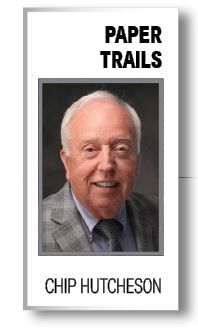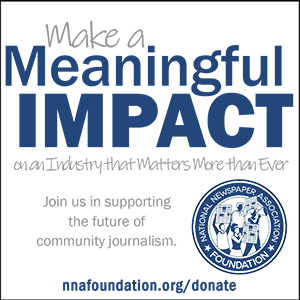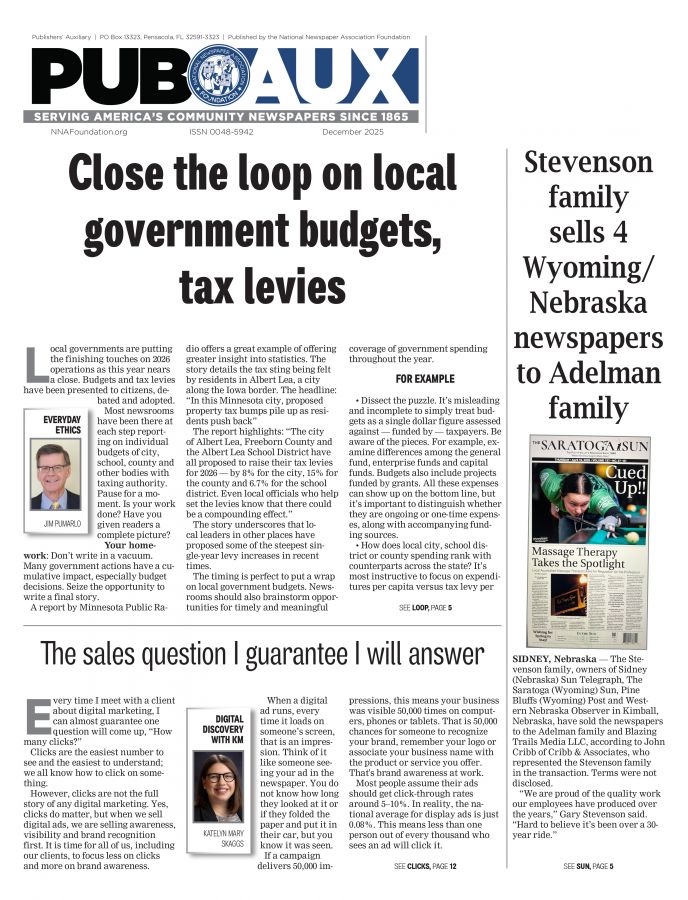Fascinate your readers with language
Chip Hutcheson
Nov 1, 2022


It’s been said that you’re never too old to learn. That’s true when one considers the words and phrases that journalists use — not only in their craft, but in daily living.
My fascination with words can be traced to the late Dr. Neil Plummer, a professor at the University of Kentucky, whose expertise was unmatched in teaching etymology (the study of words; entomology is the study of bugs) and libel law. I’ll never forget that first day of his etymology class my sophomore year. He introduced himself as a sexogenarian horologist, and proceeded to tell us to get our minds out of the gutter because it meant he was in his 60s and he studied clocks. What I learned in that class has served me well for more than half a century.
However, there are nuances in our language that we have to admit are mystifying.
For instance — if the plural of mouse is mice, then why isn’t hice the plural of house? Why doesn’t ‘Buick’ rhyme with ‘quick’?
And consider how some words take on different meanings, even in the framework of the same sentence. Such as …
- He could lead if he would get the lead out.
- I did not object to the object.
- They were too close to the door to close it.
- The farm was used to produce produce.
Also, it’s helpful to notice how our language can contribute to humor in our lives. Such as …
A woman in labor suddenly shouted, “Shouldn’t, wouldn’t, couldn’t, didn’t, can’t.”
“Doctor, what’s going on?” asked the father-to-be.
“Don’t worry,” the doctor replied, “those are just contractions.”
And there was this sign at a towing company: “We don’’t charge an arm and a leg. We want tows.”
Certainly the sign on the maternity room door was appropriate: “Push, push, push …”
And if that’s not enough, there is no egg in eggplant, no apple or pine in pineapple and quicksand works slowly.
The website vocabulary.com can challenge your knowledge of words. For instance, you can learn that words from Shakespeare — such as knave — can serve as perfect insults. For a frustrating situation, you can use vex, dumbfound, stupefy or perplex.
We’ve all heard magicians use the word “abracadabra,” which is the title of a well-known Steve Miller Band hit from 1982. Some claim the word dates to the second century AD when it was thought to cure diseases. Harry Potter fans will recall that is what J.K. Rowling used when she came up with a killing curse. She was quoted in an interview that the original phrase meant “let the thing be destroyed.”
Sometimes, use of a word in newspapers changes over time. A prime example is “collision.” One of my memorable times came not long after college when I was sports editor of the Kentucky New Era. A reporter had written that a car collided with a utility pole. The managing editor went to his desk and began a five-minute discourse on why ‘collided’ was the wrong word. He asked, “How fast was that utility pole going when it collided with the car? Was that utility pole going 10 miles an hour or 20 miles an hour?” He then explained that the definition of “collision” requires both objects to be moving. In recent years, the improper use of that word has been victorious. No longer does the dictionary require both objects to be moving. The rationale for that revised definition? If it is misused by most people, then change it.
Perhaps my No. 1 pet peeve is the incorrect usage of its and it’s. Many think ‘it’s’ should be used to show possession, but by definition, ‘its’ shows possession. ‘It’s’ should only be used when the meaning is ‘it is.’
Consider the following word pairs that are frequently misused …
Between/among: Between is used for two people or things; among is used for three or more.
Capital/capitol: Capital can refer to uppercase letters, accumulated wealth or the city that serves as the seat of government; capitol is a building where the legislative body of government meets.
Continual/continuous: Continual means again and again; continuous means one uninterrupted sequence.
Compare to/compare with: Compare to means liken to; compare with means contrasted with.
Each other/one another: Each other is used for two people or things; one another is used for three or more.
Farther/further: Farther is used for literal, physical distance; further is used for everything else.
Take place/occur: Take place is used for a planned event; occur is used for no planning, by chance.
Chip Hutcheson is the retired publisher of The Times Leader in Princeton, Kentucky. He was NNA president in 2015. He currently serves as a content strategist for Kentucky Today, the online news website of the Kentucky Baptist Convention. chiphutcheson@yahoo.com










